Parents in Silicon Valley are pressing for more transparency regarding a new ethnic studies course set to launch this fall.
The California school district, which is introducing the course, has remained tight-lipped about the curriculum details, leading to increased demands from parents wanting to understand what will be taught to their children.
Initial Rollout in Palo Alto Schools
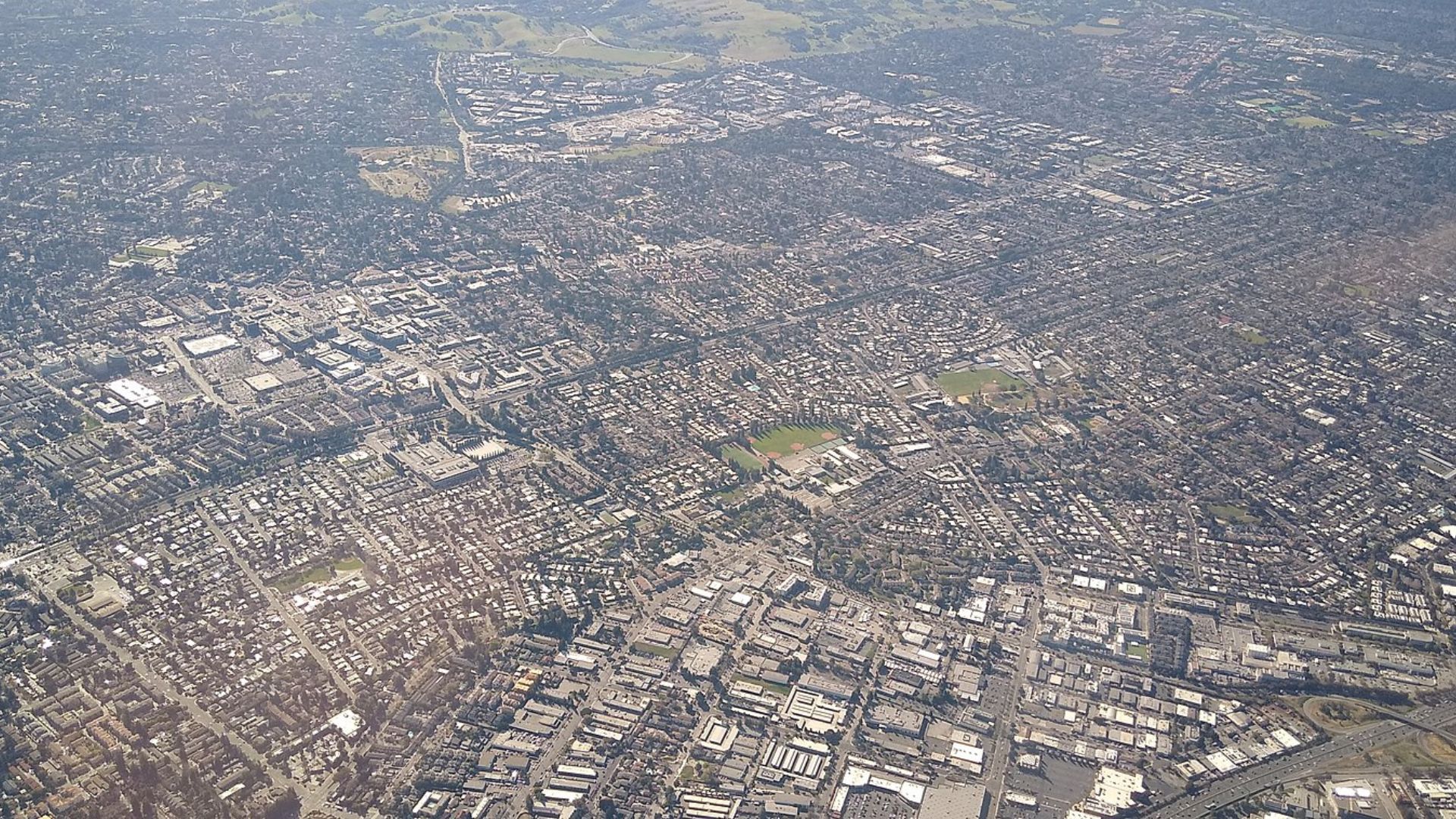
This ethnic studies course will initially be introduced to a small group of incoming freshmen at two affluent high schools in Palo Alto, ahead of a broader, state-mandated implementation in the 2025-26 school year.
“It would sure help if we as parents could see the curriculum,” said Alan Crystal, a father of an incoming senior, to The San Francisco Chronicle.
Explaining Ethnic Studies

The ethnic studies curriculum is designed to cover the experiences of minority groups in America, including African Americans, Native Americans, Latinos, Asian Americans, and Pacific Islanders.
It aims to fill gaps in the traditional curriculum by including historical and cultural insights that are often overlooked in standard textbooks.
Concerns Over Course Content

The Palo Alto Parents Alliance (PA²) is particularly concerned about the nature of the content.
They worry that the course might adopt a ‘liberated’ approach focusing on discrimination and oppression, rather than an ‘inclusive’ one that emphasizes the uniqueness of each individual.
Definitions of ‘Liberated’ vs ‘Inclusive’ Approaches

There’s a significant debate between what constitutes a ‘liberated’ versus an ‘inclusive’ curriculum.
“Presenting non-whites as victims and whites, individually and collectively through institutions, as oppressors, liberationists hope to create activists who will radically transform their schools, their communities and our nation,” said Bill Honig, former California Superintendent of Public Instruction, about the ‘liberated’ model in Ed Source.
Petition for Open Curriculum Review
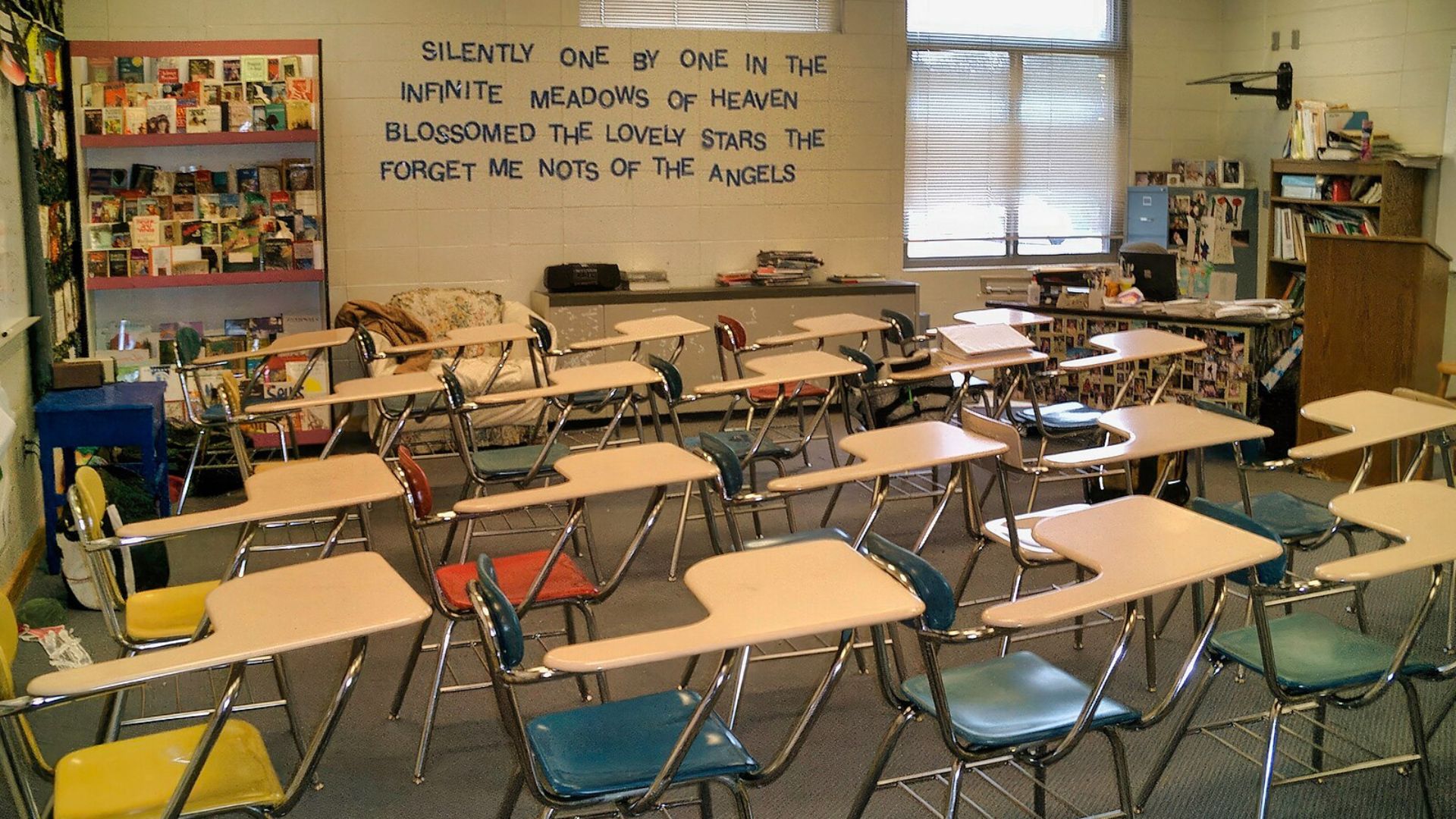
PA² has collected 1,400 signatures on a petition asking for transparency. “We aren’t against ethnic studies,” said Sarith Honigstein, a member of PA², to The San Francisco Chronicle.
“Our issue is with a non-transparent rollout.”
Teaching Models Explained

Bill Honig outlined the ‘inclusive’ model.
He said, “Inclusive ethnic studies does not prioritize group membership over the uniqueness of each individual…Rejects group identity as the primary lens to understand history, society, culture, and politics…Advances the importance of an individual’s characteristics.”
School District’s Assurance of an Inclusive Curriculum

Despite the ongoing controversy, Guillermo Lopez, the district’s associate superintendent, has reassured that the curriculum will be ‘inclusive.’
However, the specifics of what will be included in this inclusive approach have not been fully disclosed, leaving some parents feeling uneasy.
Parental Input Sessions Yield Little Information
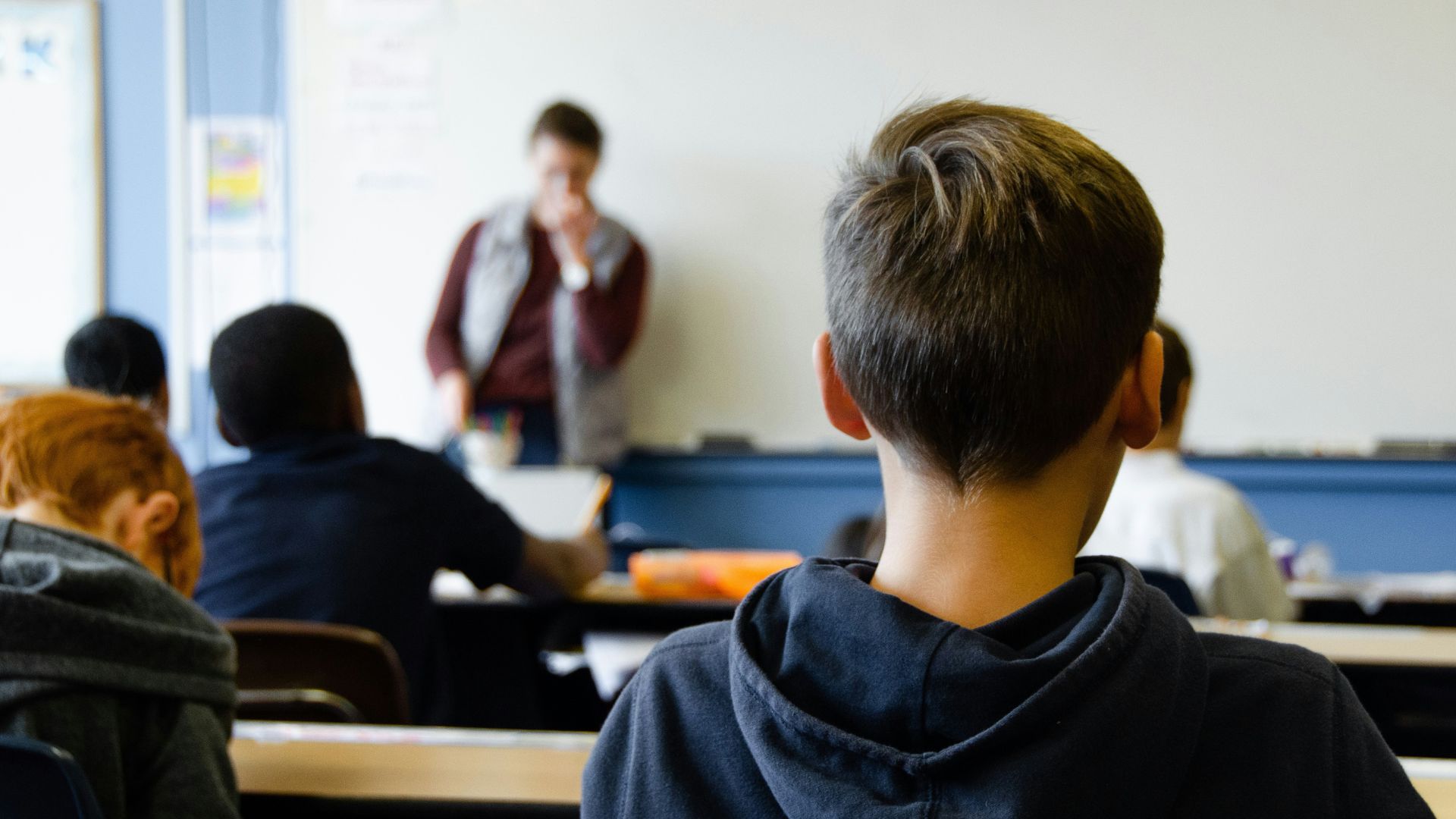
The school district conducted three sessions intended to gather input from parents, but those who attended reported that they received few concrete answers.
This has only increased their concern and desire for more detailed information about what the course will entail.
Broader Context of Ethnic Studies Debate
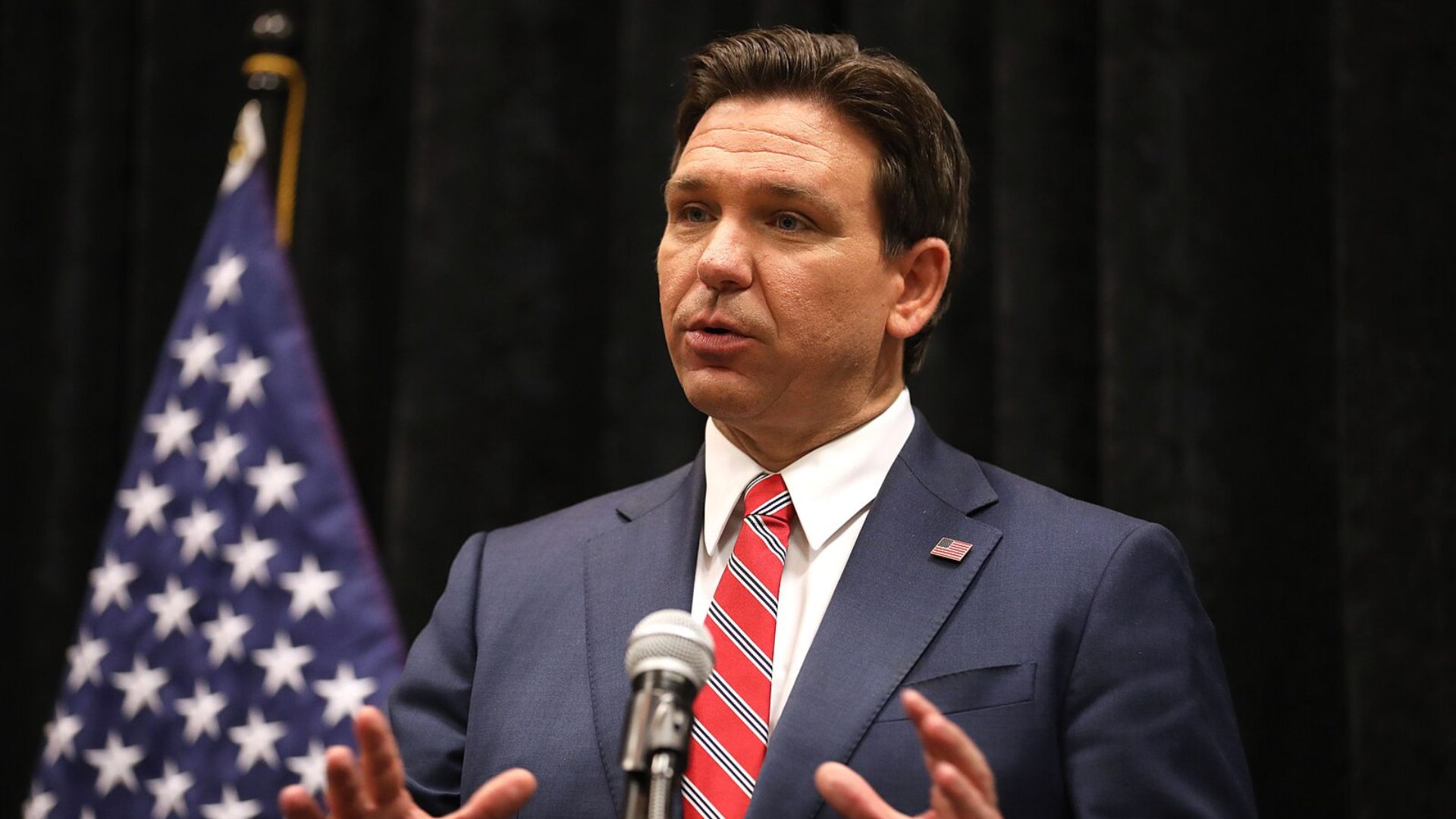
The debate around ethnic studies is not confined to California; it is a national issue.
States like Florida and Tennessee have taken steps to ban or restrict the teaching of certain racial topics in schools, reflecting a broader national conversation about educational content.
Comparisons to Controversial Berkeley Curriculum
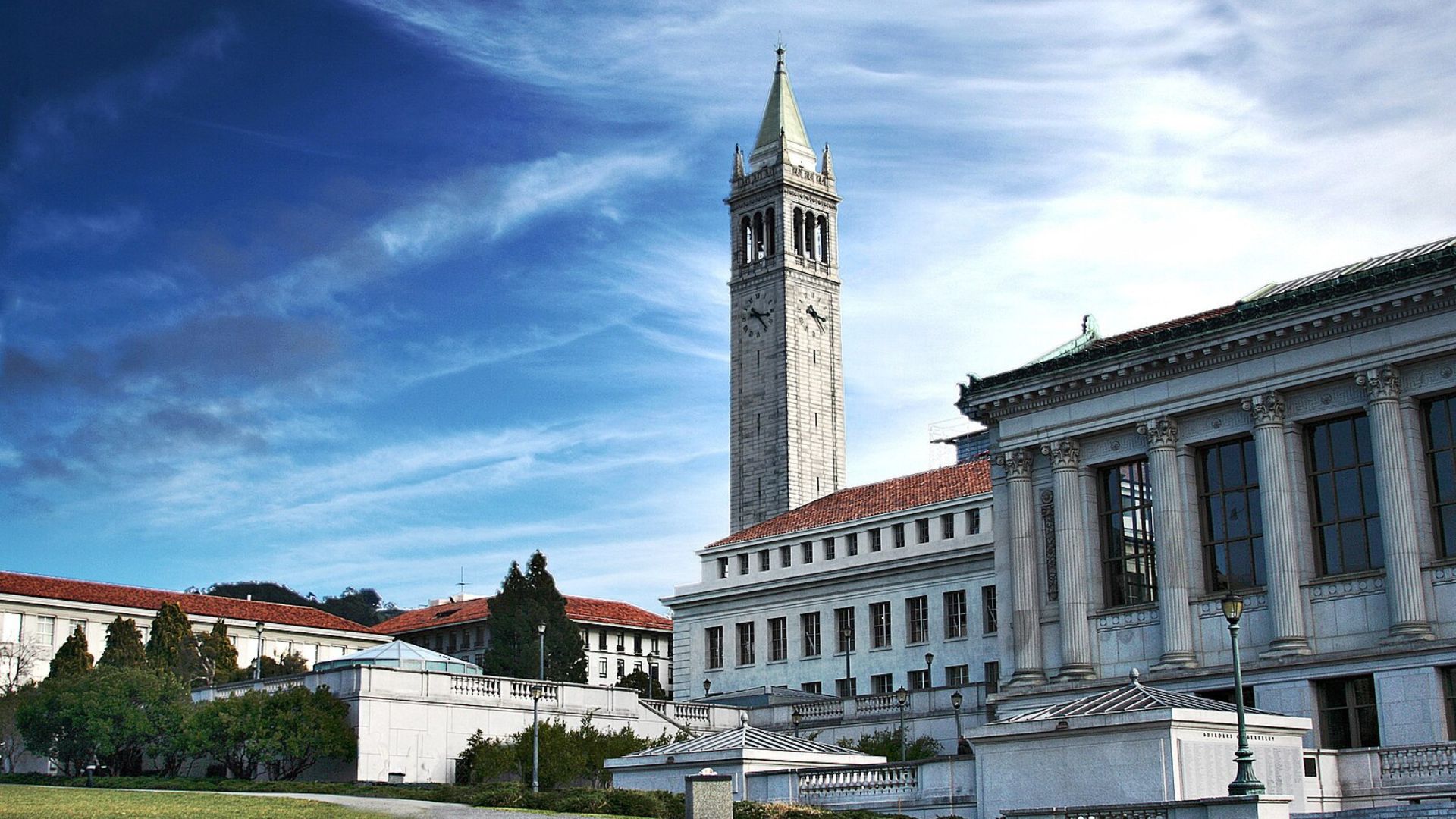
Local concerns have been amplified by comparisons to a controversial ethnic studies framework developed by UC Berkeley’s History Social-Science Project, which some parents believe portrays Western society in a negative light.
The fear is that this perspective could influence the new course in Palo Alto.
Continuing Development of the Curriculum
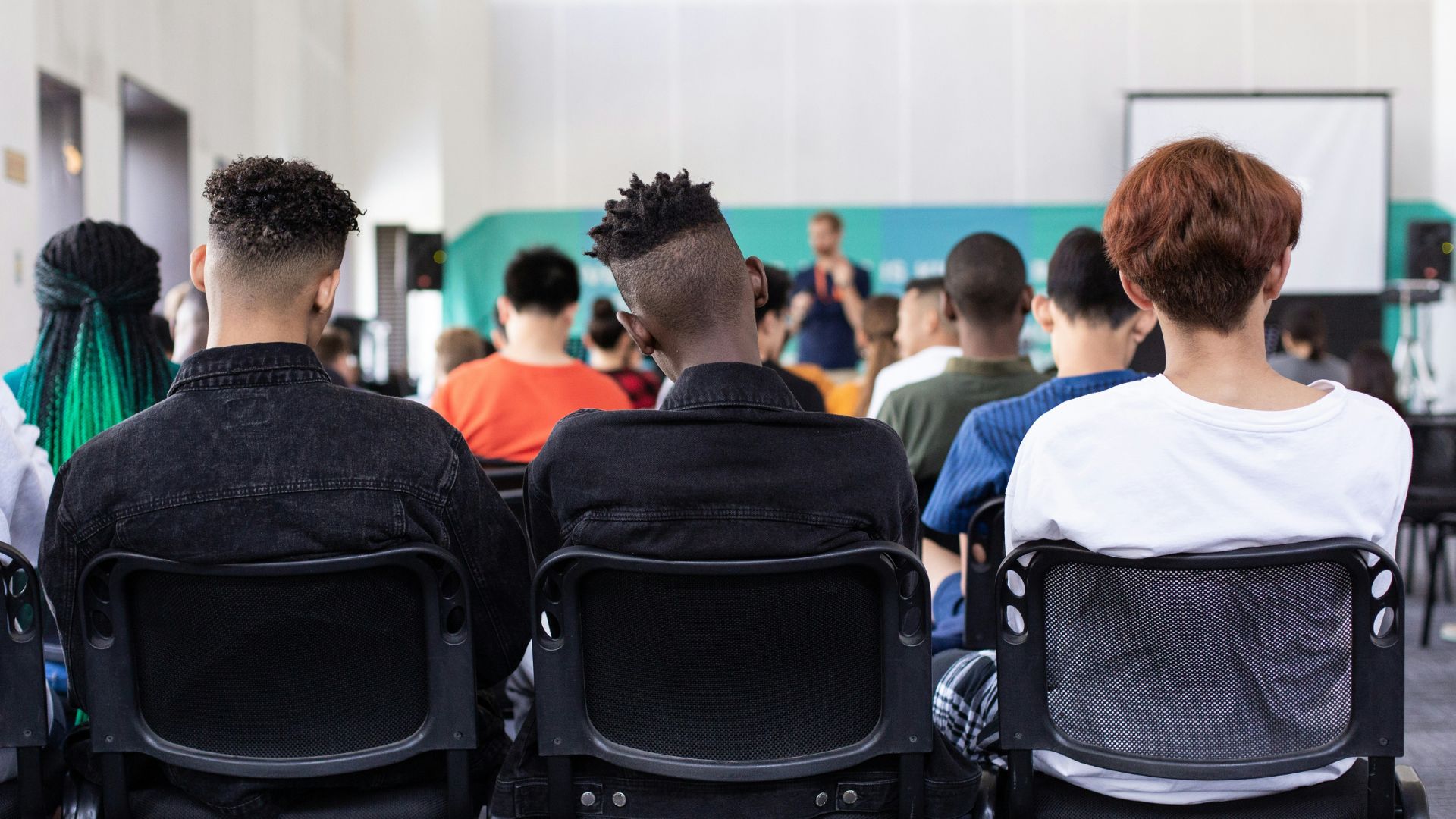
The district remains committed to refining the ethnic studies curriculum, according to Lopez.
“All we can do is continue to have … conversations and train our staff to understand some of the do’s and don’t,” he told The Chronicle, stressing the goal of inclusivity for all communities.
